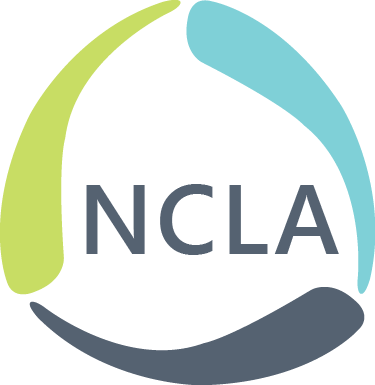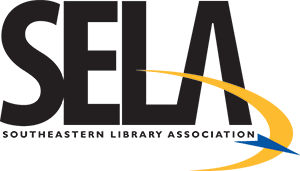North Carolina Library AssociationInform. Connect. Support. |
North Carolina Library Association Statement of Concern Regarding House Bill 636
May 13, 2025
The North Carolina Library Association (NCLA) respectfully submits this statement to express our deep concerns regarding House Bill 636, titled “Promoting Wholesome Content for Students.” As an organization representing over 1,000 librarians, library workers, educators, and supporters across the state, NCLA is committed to upholding the constitutional rights of students, parents, and supporting school library professionals in exercising local control over access to a developmentally appropriate and enriching range of materials in line with that school community's needs and interests.
While we recognize the importance of thoughtful collection development in school libraries and the need for transparency with families and communities, we believe that House Bill 636 introduces unnecessary and constitutionally troubling constraints that risk infringing upon students’ and parents’ First Amendment rights and the professional integrity of school librarians. Our core concerns are that the bill is a threat to constitutionally protected speech in schools, hazards schools and school districts with an overly expansive materials challenge mechanism, and creates a state-sponsored banned list that cannot remain viewpoint neutral over time.
H636 creates a system where school library materials can be rejected or removed based on vague and subjective criteria, such as being deemed “pervasively vulgar” or containing “descriptions or visual depictions of sexual activity.” Likewise, the bill editorializes language like “high value” and “appropriate” in ways that will be impossible to apply consistently and fairly. These terms are undefined in the context of educational and literary value. They may lead to the exclusion of constitutionally protected works, particularly those addressing the realities of adolescence, identity, or history. As the Supreme Court affirmed in Board of Education v. Pico (1982), school boards may not remove materials from libraries simply because they dislike the ideas contained within them.
By allowing any county resident, not just parents or school stakeholders, to challenge materials and requiring re-review with just ten written objections, the bill opens the door to ideologically and politically motivated censorship campaigns. It shifts the focus of school library curation from educational and pedagogical goals developed by trained professionals to compliance with community pressure of dubious origin, regardless of the academic or developmental merits of the material. Likewise, employing laws like the Children’s Internet Protection Act (CIPA) is legally misplaced. CIPA governs internet filtering for computers and devices used in schools and libraries receiving federal e-rate funding. It has no bearing on the selection of books or other materials for library collections. Its inclusion in House Bill 636 serves no operational purpose and appears designed only to invoke federal law in a way that could intimidate educators and mislead the public.
The proposed statewide database of “rejected” library materials raises serious concerns about stigmatizing specific titles and authors, potentially creating a de facto blacklist that discourages open inquiry and exploration of diverse perspectives. This approach is not aligned with the educational mission of public schools and libraries, which already exercise local control over selecting which materials are most appropriate for their communities. House Bill 636 would even subject book fairs and donated books to extensive vetting and approval processes. These restrictions risk undermining school literacy efforts and creating logistical barriers that limit students’ access to books and opportunities for independent reading.
The bill requires that materials “balance financial cost with need,” but provides no definitions or standards for how to apply this criterion. This lack of clarity introduces the risk of arbitrary decision-making and could be used to reject high-quality but controversial materials. Additionally, the broad administrative mandates of House Bill 636, such as establishing advisory committees, maintaining searchable rejection databases, and conducting public notification and comment periods, will create new fiscal burdens for school districts. These implications suggest that the bill should be referred to the Appropriations Committee for a fiscal note and further review.
We urge members of the Senate Judiciary and Senate Education Committees to consider the unintended consequences of House Bill 636 carefully, and we respectfully request that H636 be left off the calendar this session. The North Carolina Library Association stands ready to work collaboratively with lawmakers to advance policies that genuinely support student learning, parental engagement, and educator expertise. While we share the goal of ensuring appropriate and high-quality materials in our schools, this bill moves beyond reasonable oversight into a framework that risks chilling free expression, undermining professional library standards, and inviting costly, unnecessary litigation against school districts.
Dawn Behrend, President
North Carolina Library Association
president@nclaonline.org
Our MissionIt is the mission of the NCLA Advocacy and Legislation Section to serve as a catalyst and resource to librarians and interested parties by providing tools to support the actions of decision makers by focusing on the value of libraries and the positive effects they have in their communities. | North Carolina Legislation Report 2025 Access the link for a list of library-related legislation we are tracking in our state in 2025 |


